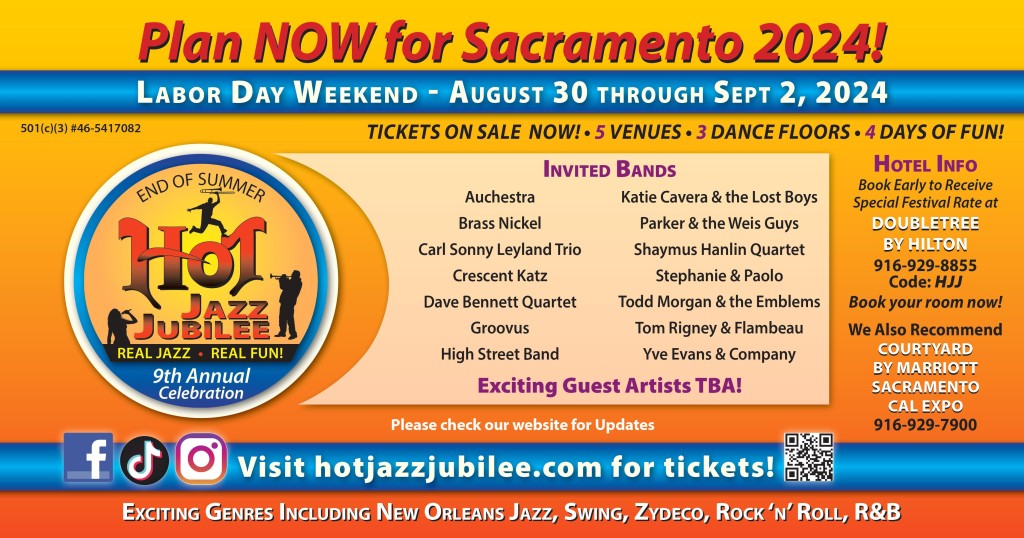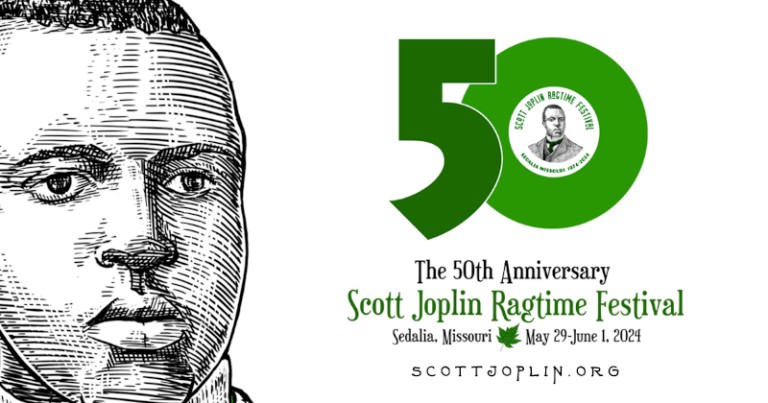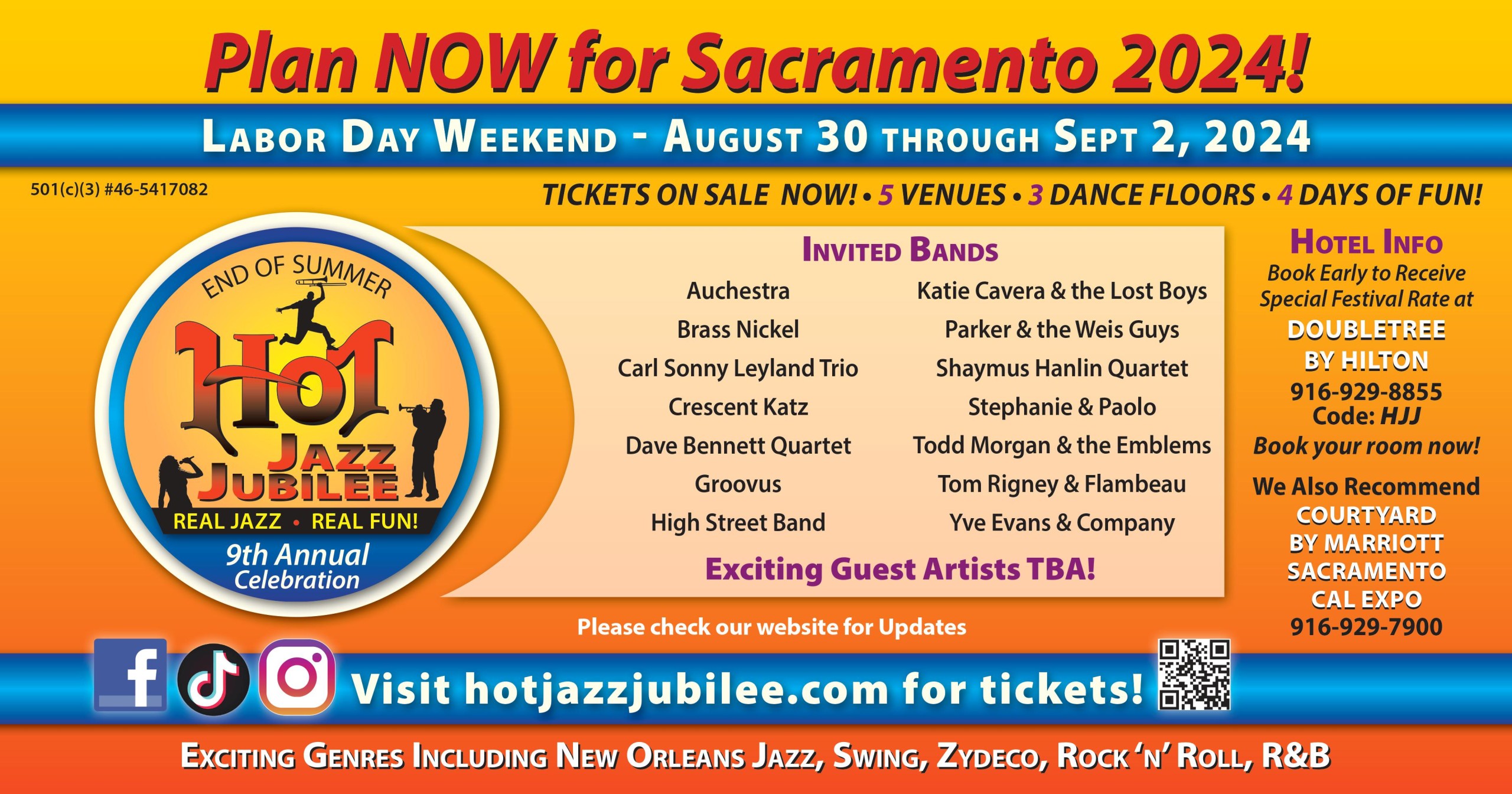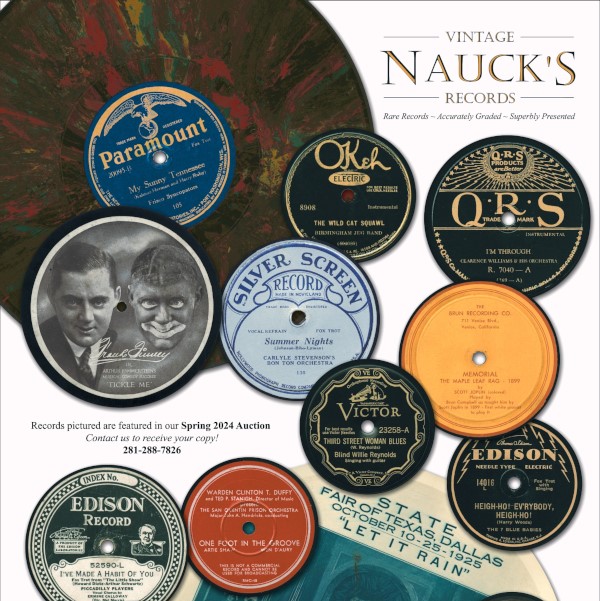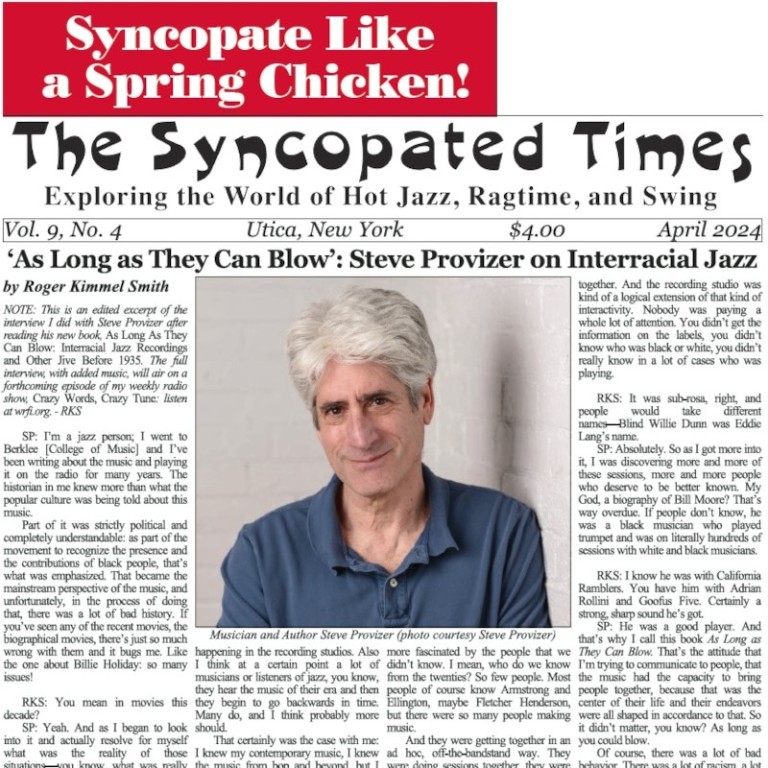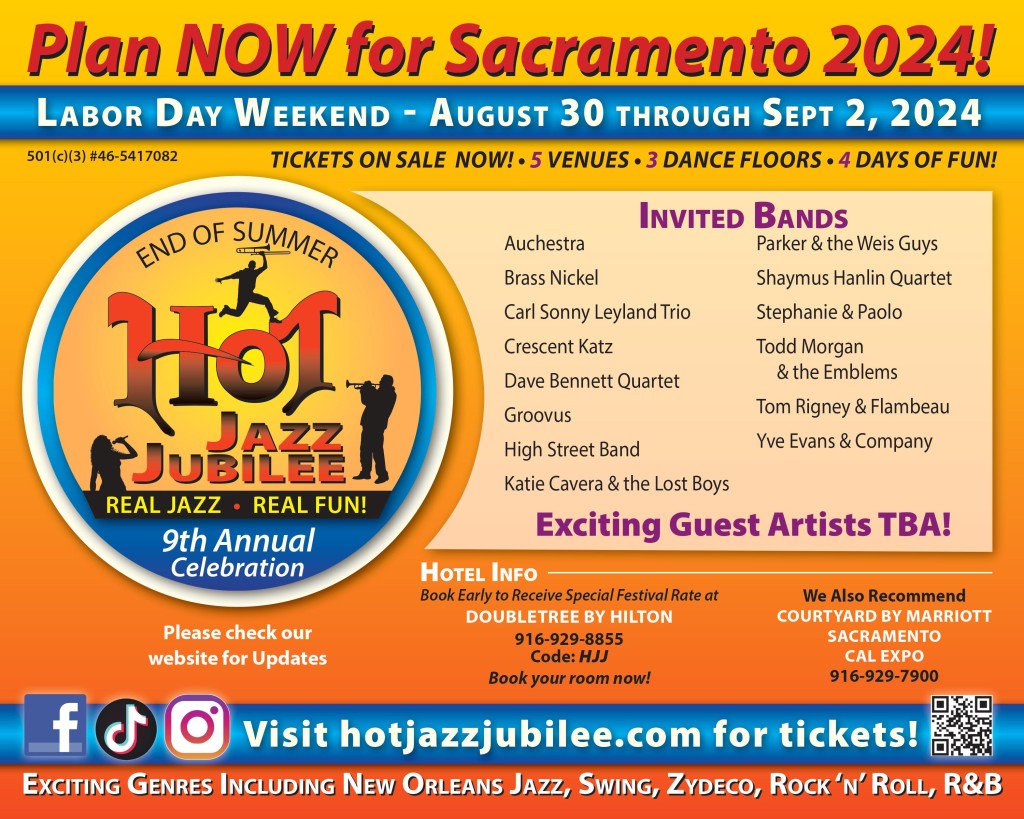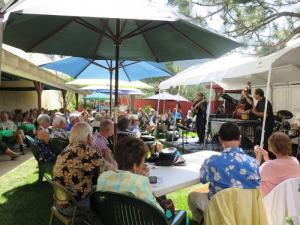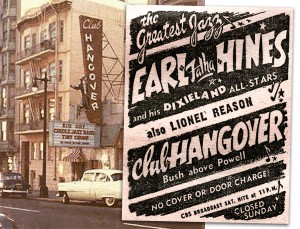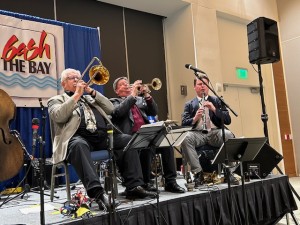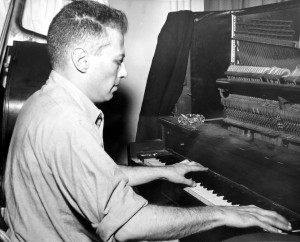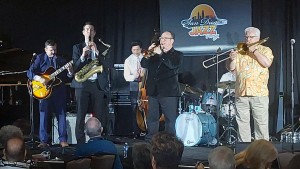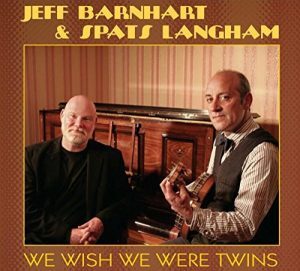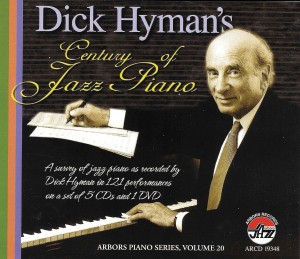Each year as a Scott Joplin anniversary rolls around, I get to pondering the composer’s tragic life and the lack of acclaim he received while he was living. I also think about the belated fame he has more recently achieved. In doing this, I have been led to consider the titles and descriptives bestowed on Joplin, and other performers and composers of our great music.
Joplin predicted, according to Arthur Marshall, that he would someday attain stature as the “King” of ragtime, and indeed, thanks to his publisher John Stark, he did attain a kind of ragtime royalty. However, the personal fame and fortune we associate with that title eluded him.
Through the years nearly every royal title associated with the British has been applied to performers or morphed into nicknames. There have been “Empresses” and “Queens,” “Princes” and “Princesses,” “Earls” and “Barons,” and even a pretty well known “Duke.”
There have been “Fathers” and “Mothers” in virtually every field and even religious titles from “Preacher,” to “Bishop,” not to mention the evangelical “Brother,” and “Sister.” And before I leave my directory of descriptives, I must mention we’ve also had a “Dizzy,” “Satchmo,” and a fellow known as “The Lion.”
Titles for performers through the years have stretched the boundaries of marketing creativity. Only sports writers seem to have a greater penchant for contriving titles. The early African-American performers of ragtime were dubbed “Professor,” or “Perfesser,” and the term evolved to refer to any accomplished entertainer, especially a bandleader. Kay Kyser in the 1920s and 1930s took the title to an extreme often wearing a mortar-board with an academic robe as he addressed his “Kollege of Musical Knowledge.” (Taken from the realm of academe, a Professor is one who has achieved the highest level of education and is acknowledged to be an expert in a teaching field.)
It seems that titles have gone out of vogue since the ragtime revival of the 1960s and 1970s. Oh, I hear or see an occasional “Professor” among performer friends, but I rarely see anything resembling the old honorifics. Especially missing today are titles that tried to elevate one performer or composer above another as with “King.”
However, all this has really been an introduction for my final comment. In 1975 I owned a small round-cornered business card from the Maple Leaf Club, in Sedalia, Missouri. Ed Cook had found it in an old house being demolished, along with a derby hat. I bought the card from him and he later donated the old hat to the Sedalia Ragtime Archive.
Chris Ware, in his third Ragtime Ephemeralist (2002), discovered that the printer’s “cuts” of tiny men on the card were the same ones used for ads in the Sedalia Times, the African-American paper published by W.H. Carter in Sedalia from 1894-1905. Since the Club probably was out of business by 1900, we can date the card’s printing to before that date.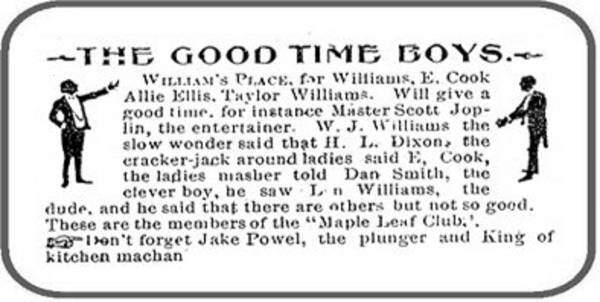
Quite a number of “The Good-Time Boys” associated with the club are mentioned with descriptive titles of sorts: W. J. Williams, the slow wonder; H. L. Dixon, the cracker-jack around ladies; E. Cook, the ladies masher; Dan Smith, the clever boy; L n [sic] Williams, the dude; Jake Powel, the plunger and king of kitchen mechanics. I’ll leave interpreting those descriptions, beyond the obvious, to those more acquainted with the period terminology and innuendo.
And finally, I come to Joplin’s name on the card. He wanted to be the “King of Ragtime,” and all his life he sought recognition for his unique compositions and the “classical” quality of his work. In addition to his rags, he wrote marches and waltzes. He wrote the libretto and music for at least two operas and composed a folk ballet. If we are to believe his wife Lottie and several of his friends, he also wrote a symphony, a piano concerto, and a musical comedy which have been lost.
I have often speculated that Joplin wrote one of his best known compositions having been inspired by his Maple Leaf Club title and that he very possibly wrote all or part of the piece in Sedalia before moving to St. Louis in 1901 though it wasn’t published until 1902 in St. Louis by John Stark. I also wonder if he wasn’t already playing his most famous compositions at the club before 1899.
Joplin sought validation, but the fact is the highest achievement a performer or composer can attain is to be able to bring an audience to its feet in exuberant applause and send them away far better for their experience; to enrich their lives and challenge them to a higher plane of thought; and to bring joy to their everyday existence.
After referring to Joplin as “Master,” undoubtedly referring to his musical virtuosity and proficiency, the men of the Maple Leaf Club gave Joplin his greatest title at the very beginning of his career (and one every performer and composer should covet)…that of ENTERTAINER.
